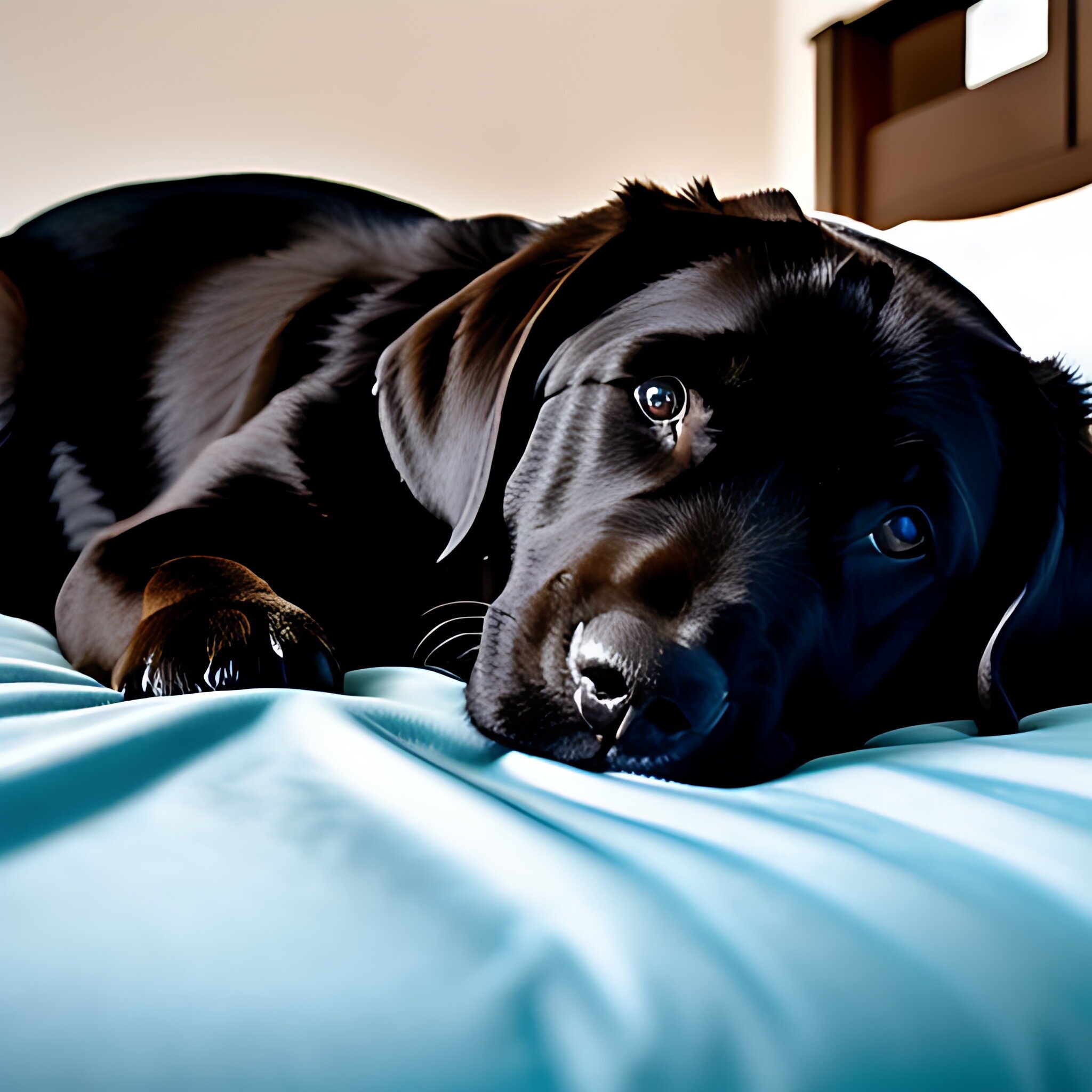How to Stop my Puppy from Pooping in the House
Having a Labrador puppy can be an exciting and joyful experience. However, one common challenge that many Labrador owners face is preventing their furry friends from pooping in the house. In this article, I’ll share some effective strategies to help you stop your puppy from having accidents indoors.
First and foremost, establishing a consistent potty routine is key. Taking your Labrador outside regularly, especially after meals, playtime, or naps, will reinforce the idea that going potty should happen outdoors. Be patient and give them enough time to do their business – remember, puppies have smaller bladders and may need more frequent trips outside.
Another important aspect of preventing indoor accidents is proper crate training. Dogs are naturally den animals and feel secure in confined spaces. Introduce your puppy to a comfortable crate and make it their safe haven when you can’t supervise them closely. Using positive reinforcement techniques like treats or praise when they are eliminated outside will create positive associations with going potty in the right place.
Understanding the Causes of House Soiling in Labradors
When it comes to house soiling in Labradors, it’s essential to understand the underlying causes that may lead to this behavior. While every dog is unique and may have different reasons for pooping in the house, here are some common factors to consider:
- Lack of Proper Housetraining: One of the primary reasons why Labradors may soil the house is a lack of proper housetraining. Puppies, in particular, need consistent guidance and positive reinforcement to learn where they should eliminate. If your Labrador hasn’t been adequately trained or if there have been inconsistencies in their training routine, accidents can happen.
- Separation Anxiety: Dogs, including Labradors, can experience separation anxiety when left alone for extended periods. This anxiety can manifest itself through various behaviors, including house soiling. If your Labrador displays signs of distress when you’re away or exhibits destructive behavior alongside eliminating indoors, separation anxiety could be a contributing factor.
- Medical Issues: Sometimes, house soiling can be a symptom of an underlying medical issue such as urinary tract infections, gastrointestinal problems, or dietary sensitivities that cause frequent bowel movements. If your Labrador’s elimination habits suddenly change or if you notice other signs of illness like vomiting or diarrhea, consult with your veterinarian to rule out any medical conditions.
- Submissive or Excitement Urination: Some Labradors may engage in submissive urination as a way to show deference or excitement urination when overstimulated by greetings or playtime. These behaviors are more commonly seen in puppies but can persist into adulthood if not addressed appropriately.
- Marking Territory: Unneutered male Labradors and even some females may engage in marking behavior by urinating or defecating at certain spots within the house to establish territory boundaries. Neutering/spaying can help reduce this behavior, but additional training may be required to discourage marking.

Establishing a Consistent Bathroom Routine for Your Labrador
When it comes to preventing your Labrador from pooping in the house, establishing a consistent bathroom routine is crucial. By following these steps, you can help your puppy understand where and when they should do their business.
- Set a Schedule: Dogs thrive on routine, so it’s important to establish set times for bathroom breaks throughout the day. Take your Labrador outside first thing in the morning, after meals, before bedtime, and at regular intervals in between. This will help them develop a predictable schedule and reduce accidents indoors.
- Choose a Designated Area: Selecting a specific spot in your yard for your Labrador’s bathroom needs can be beneficial. Take them to this same location each time they go out to reinforce the association between that area and eliminate waste. The scent left behind by previous visits will also act as a signal for them to relieve themselves there.
- Use Positive Reinforcement: Rewarding your puppy for successfully going potty outside is an effective way to encourage good behavior. Praise them enthusiastically or offer small treats immediately after they finish their business in the designated area. Positive reinforcement helps reinforce the desired behavior and strengthens the bond between you and your furry friend.
- Supervise and Limit Access: Until your Labrador has fully grasped their bathroom routine, it’s important to supervise them closely when indoors. Keep an eye on any signs of restlessness or sniffing around, as these may indicate that they need to go outside urgently. Additionally, restrict access to areas of the house where accidents are more likely to occur until they have been properly trained.
- Be Patient and Consistent: Remember that training takes time and patience – accidents are bound to happen along the way! Instead of punishing or scolding your puppy for mistakes indoors, focus on redirecting their attention outside whenever possible. Consistency is key; stick with the established routine even if progress seems slow, and your Labrador will eventually understand what is expected of them.